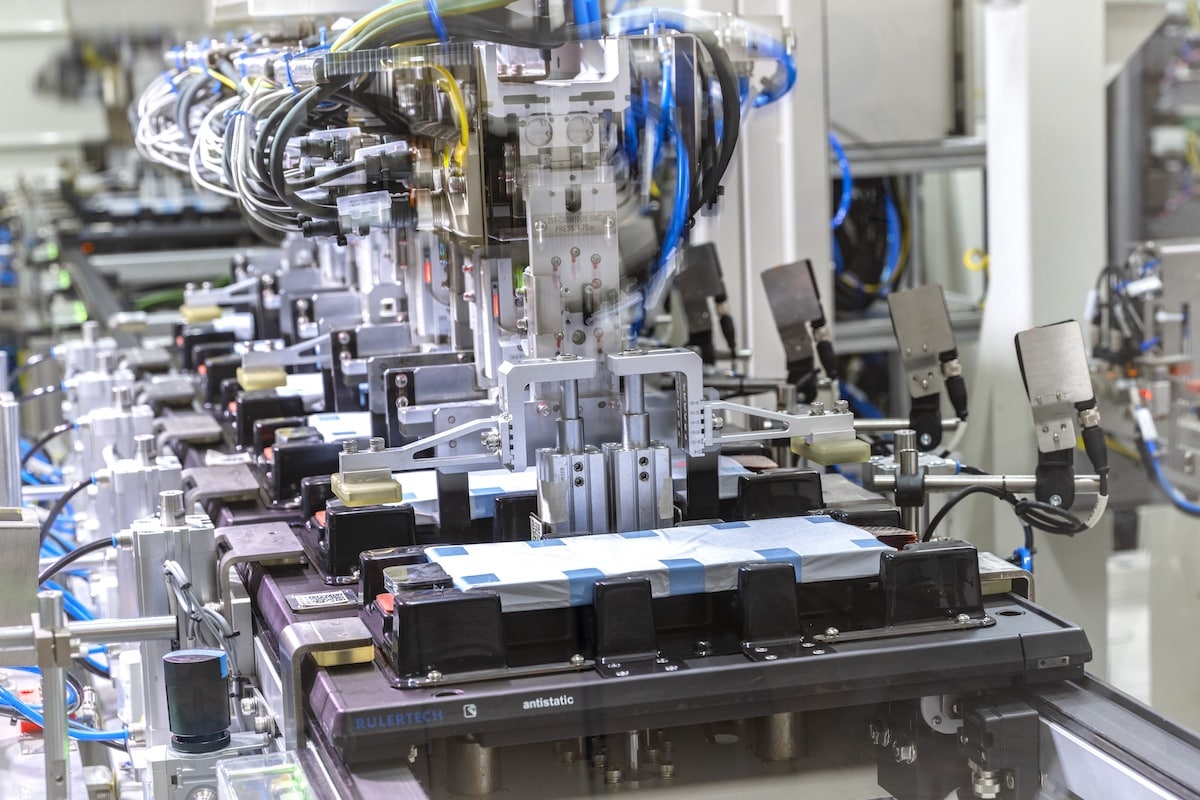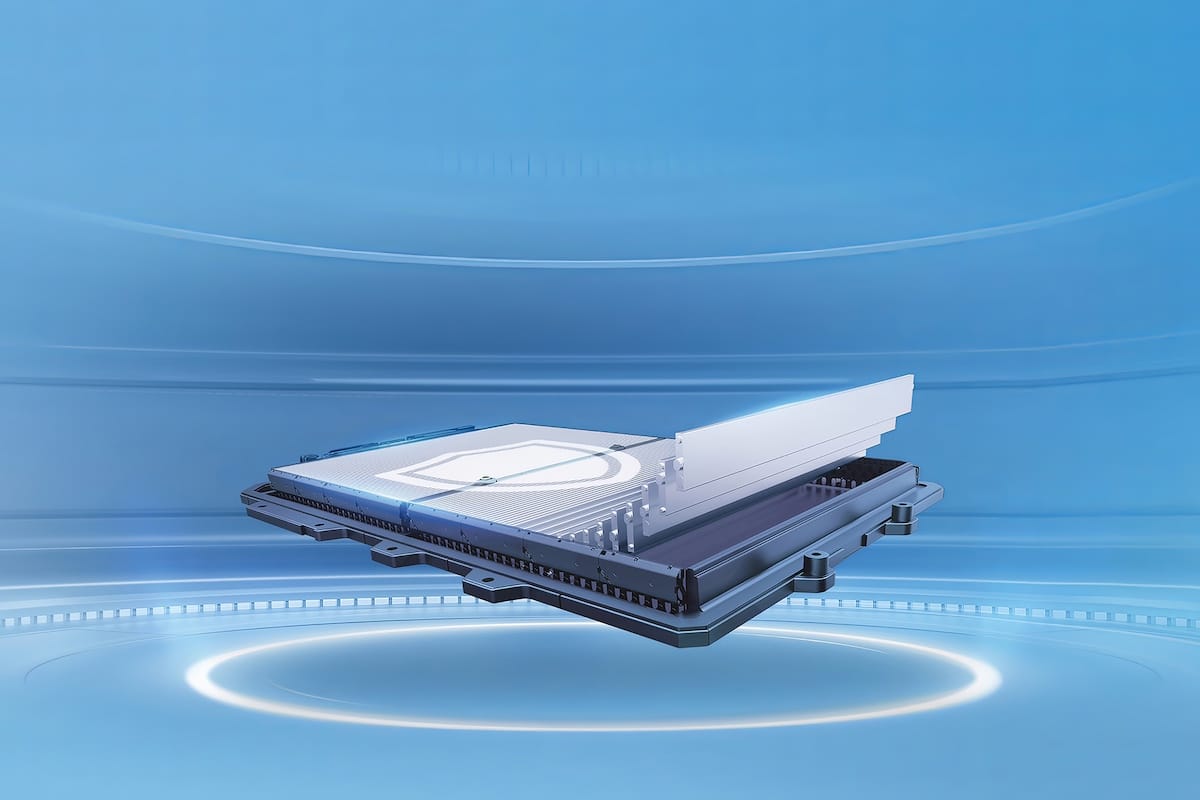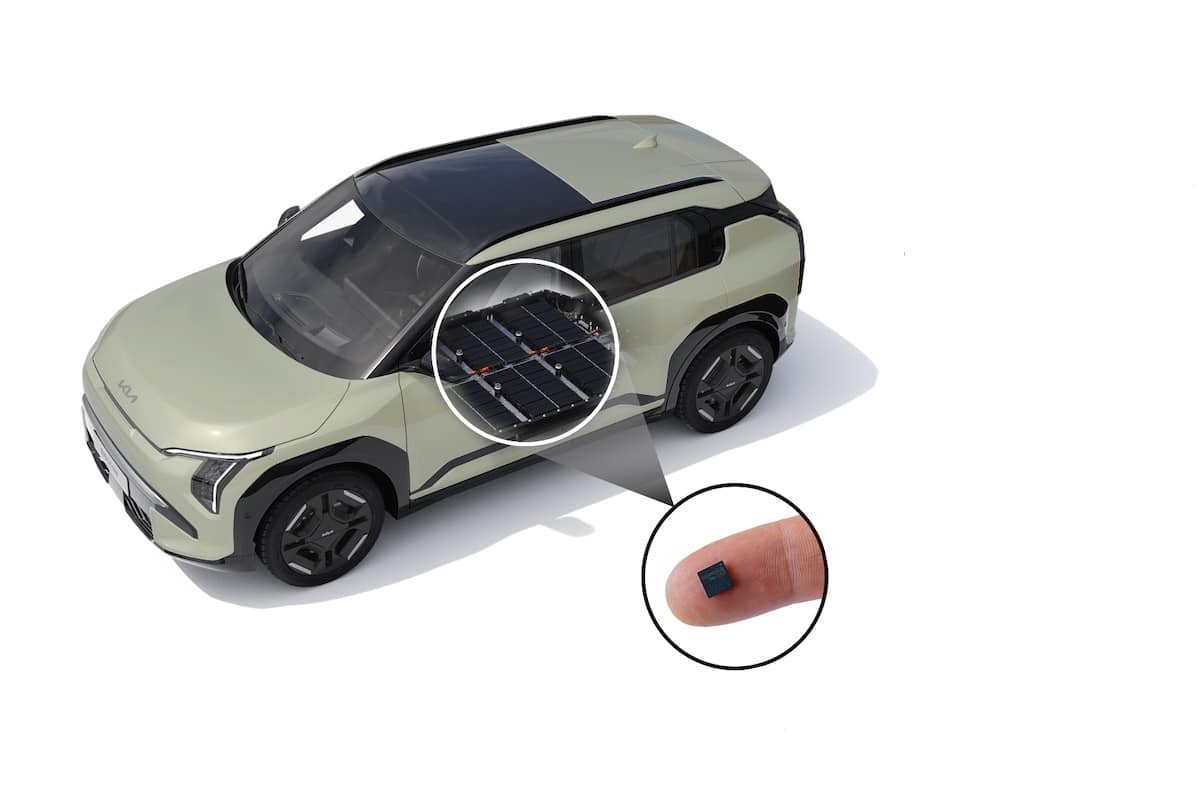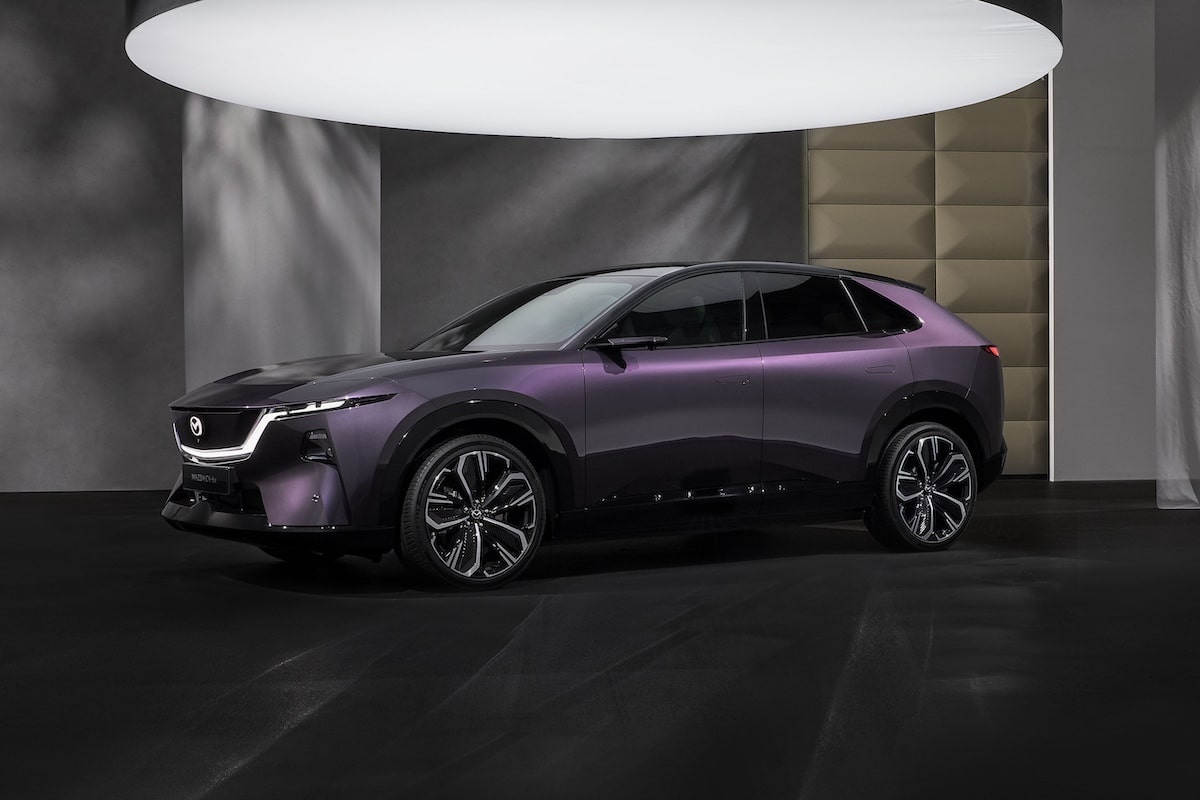Electric batteries sold in the EU will be more eco-friendly
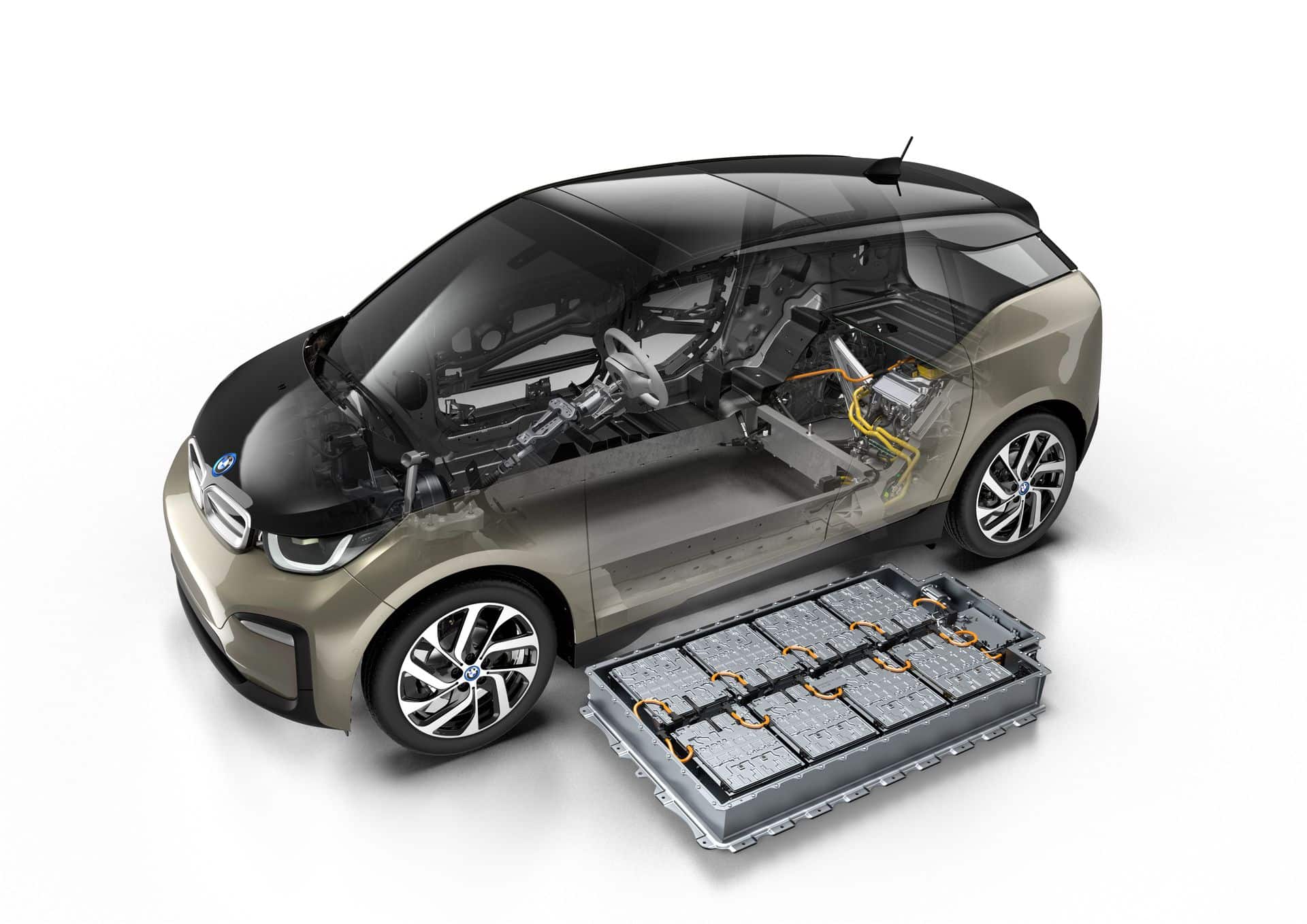
This is a contentious issue between pros and anti-electric mobility advocates. Considered too polluting, batteries will now be more environmentally friendly.
This is in any case the subject of a provisional agreement reached by the Parliament and the European Council to revise the rules regarding batteries. Broadly speaking, this compromise states that oversight will be increased throughout the entire battery lifecycle, from design to waste treatment, and will apply to all models sold within the European Union, from smartphone batteries to those intended for bicycles or scooters, not to mention electric vehicle batteries, which are by far the most controversial among the general public.
The agreement negotiated last Friday includes a mandatory declaration and carbon footprint label for batteries with a capacity exceeding 2 kWh. Similarly, a system must allow users to easily remove and replace them. Furthermore, labeling will also be mandatory to provide information on their capacity, performance, composition, and the well-known separate collection symbol.
Batteries Under Control
– Collection targets are set at 45% by 2023, 63% by 2027, and 73% by 2030 for portable batteries; at 51% by 2028 and 61% by 2031 for MTL batteries;
– Minimum levels of cobalt (16%), lead (85%), lithium (6%), and nickel (6%) recovered from manufacturing and consumer waste must be reused in new batteries;
– All MTL, EV, SLI, and industrial batteries must be collected free of charge for end users, regardless of their nature, chemical composition, condition, brand, or origin;
– By December 31, 2030, the European Commission will evaluate the feasibility of gradually phasing out the use of non-rechargeable portable batteries for general use.
According to European rapporteur Achille Variati: “For the first time, we have legislation on the circular economy covering the entire lifecycle of a product – this approach is good for both the environment and the economy. We have agreed on measures that greatly benefit consumers: batteries will be more efficient, safer, and easier to remove. Our overall goal is to build a stronger European recycling industry, especially for lithium, and a competitive industrial sector overall, which is crucial in the coming decades for the energy transition and the strategic autonomy of our continent. These measures could set a benchmark for the entire global battery market.”
Read also: Solid-state batteries: “Not before 10 years” according to a specialist
This page is translated from the original post "Les batteries électriques vendues dans l’UE seront plus écolos" in French.
We also suggestthese articles:
Also read
